Whether you want to contribute a secret recipe or an article to our blog section - we'd love to hear from you! Please feel free to reach out at [email protected] so that we can spread the yummy goodness of saffron recipes together. Join us in our mission to promote sustainable eating habits and share the joy of cooking with everyone!
For now, love yourself and enjoy this one ...
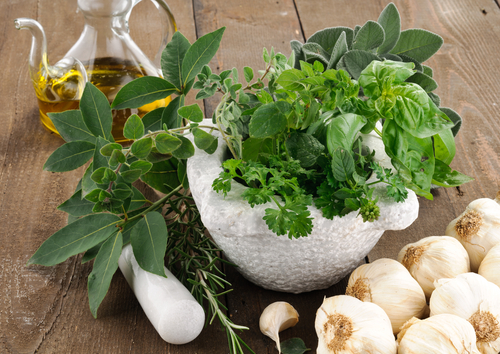
Frequently Asked Questions
What herbs should you take daily?
Depending on your health and wellness needs, many herbs can be taken daily to help improve your overall health.
Popular herbs for daily consumption include ashwagandha, turmeric, ginger, holy basil, chamomile, lavender, peppermint, and cayenne pepper. Ashwagandha is an adaptogenic herb that can help the body resist stress and anxiety. Turmeric is known for its anti-inflammatory properties, while ginger has been shown to aid digestion and boost immunity. Holy basil may help with managing blood sugar levels, as well as providing a calming effect. Chamomile can promote relaxation, while lavender is used in aromatherapy for its calming properties. Peppermint can help aid digestion and reduce nausea, while cayenne pepper has antibacterial properties that may boost your immunity.
As always, you must consult your doctor before taking herbs daily to ensure they are safe for you and do not interact with any other medications or herbs you may be taking.
There is no shortage of information on what foods we should eat and how much exercise we should do. But when it comes to what supplements we should take, there is a dearth of knowledge.
This is because most of us aren’t sure which ones work or which are junk. So we go online and look up whatever we can find.
But often, these articles are written by companies trying to promote their products. Which means they're usually biased toward their product.
So instead of finding unbiased advice, we end up reading marketing hype.
This makes sense since marketers make more money selling stuff than doctors.
The medical industry isn’t even allowed to advertise directly to consumers anymore. The best way to learn about natural remedies is to read independent reviews.
This is where you'll find real users sharing their experiences with each supplement. These sites give you an honest opinion of whether or not a particular herb helps.
Users will often share their experience with a supplement after taking it. This gives you a good idea of its effectiveness and any side effects.
You can also check out forums dedicated to herbalism. Here you can ask questions and receive answers based on personal experience.
Of course, there are plenty of other ways to learn about herbs.
There are books, websites, blogs, videos, podcasts, and classes. All of them provide valuable information about natural remedies.
What herb heals all wounds?
The answer to this question varies depending on the type and severity of the wound.
The herb comfrey (also known as knitbone) has long been used for its healing properties, particularly for skin injuries such as cuts and bruises.
Studies suggest that comfrey contains allantoin, which helps speed up healing. Other herbs commonly used for healing wounds include calendula, plantain, and yarrow. These herbs help to reduce inflammation, stop bleeding and speed up the skin's healing process.
In addition to herbs, honey has also been found to have powerful antimicrobial properties that can help prevent wound infection.
Herbs for wound care is an age-old practice that continues to be used today. However, herbs should not replace medical treatment, and always consult your doctor before using herbs for healing. With the right herbs, you can give your body the support it needs to heal naturally.
What is the difference between "regular" and smoked paprika powder?
Regular Paprika Powder (Piment d'Espelette) is an essential ingredient for our recipes. We use it for its intense flavor and color. It's also used as a spice and seasoning agent. Smoked Paprika Powder (Paprika Chorizo) adds a smoky taste and aroma to dishes. Both types of Paprika Powder come from Spain, where they grow the best peppers in the world.
Smoked Paprika Powder (Chorizo Paprika) is made from red peppers, which are dried slowly in special ovens. This gives them a rich flavor. They are then ground and mixed with salt, garlic, and spices.
Regular Paprika Powder (Espelette Paprika) is made by grinding green bell peppers without additives.
How to make herbal remedies at home?
Making herbal remedies at home is easy. All you need is fresh herbs, water, salt, and sugar. You can use any herb, depending on what you want to create.
For example, choose mint, basil, chamomile, or lemon balm to make a soothing tea. If you want to make a cooling drink, try rosemary, thyme, lavender, or eucalyptus.
All you need to do is put all the ingredients into a pot and boil them until they become soft. Strain out the herbs and serve hot.
Add honey to the boiling mixture to make a tonic drink. Honey is a preservative and will keep your herbal remedy fresh for longer.
You can also combine two or three herbs to make a more potent brew. For instance, you could mix equal parts of garlic and ginger to make a powerful antiseptic. Or you can combine equal amounts of turmeric and ginger to make a potent immune booster.
Soak a clean cloth in warm water and place it over the affected area to make a compress. Leave it for 10 minutes before removing it. Do this every day until the swelling goes down.
Make sure you consult your doctor first before using herbal remedies. Some plants may interact negatively with other medications. Also, don't take large quantities of herbs because they can cause side effects.
Is it okay to use dried herbs instead of fresh ones?
It is best to pick up fresh herbs whenever possible when using herbs.
Although dried herbs are convenient, they don’t provide the same benefits as fresh herbs.
Fresh herbs contain essential oils that give your food a unique flavor. These oils help preserve the nutrients within the herb.
Dried herbs lose all their flavor after drying, so they cannot replace fresh herbs.
You should only use dried herbs if you absolutely must. Otherwise, you should get your fresh herbs from the market.
Should You Use Herbs and Spices for Brain Health?
Herbs and spices have been used for centuries to improve brain health. Research shows that these natural remedies may help prevent dementia and Alzheimer's. Some herbs may even boost memory.
However, no scientific evidence proves that eating an herb-rich diet can keep your mind sharp. When it comes to improving cognitive function, there are more effective ways to do it.
One study found that older adults who took 1000 mg of vitamin B6 daily had fewer mental lapses than those taking placebo pills. Another study showed that drinking coffee could increase blood flow to the brain. Other studies suggest that exercise, socialization, and sleep improve brain health.
The bottom line is that herbs and spices probably won't make much difference to your overall health. But they might give you extra energy and focus, which can come in handy during the day.
Statistics
- Herbs are among the most popular and widely used medicinal remedies. According to a survey conducted by the National Institutes of Health, herbs were used by over 38% of adults in the United States.
- The herbs market is highly competitive, with over 1,000 herb suppliers and over 15,000 herbs products available in the United States alone.
External Links
[TAG25]
[TAG27]
- Antioxidant capacity of 26 spice extracts and characterization of their phenolic constituents - PubMed
- Cinnamon: A Multifaceted Medicinal Plant - PMC
[TAG30]
[TAG32]
- Peppermint oil (Mintoil®) in the treatment of irritable bowel syndrome: A prospective, double-blind placebo-controlled randomized trial
- Curcumin reverses the effects of chronic stress on behavior, the HPA axis, BDNF expression, and phosphorylation of CREB
How To
How to use herbs safely?
Many people think that herbs should only be used under medical supervision because they believe that some herbs are poisonous. However, this is not true.
Many herbs have long histories of safe use. For example, garlic has been used for thousands of years to fight infections. It's also been shown to lower cholesterol levels and reduce high blood pressure.
However, if you're pregnant or nursing, avoid taking certain herbs. You should also avoid them if you suffer from allergies or sensitivities to herbs.
You can do several things to ensure you get the best results from your herbs and supplements. First, always read labels before consuming anything containing herbs or spices. Second, take the lowest dose recommended on the label. Third, don't use more than one supplement at any given time. Fourth, talk to your doctor about how to combine specific herbs and supplements. Finally, keep track of your consumption to know whether you need to adjust your dosage.
Resources:
 |
[TAG35]It turns out the best remedy for the lungs is completely free. Check this out! DATA: https://www.ncbi.nlm.nih.gov/pmc/articles/PMC6733045 |
 |
[TAG36]ANCIENT WISDOM FOR HEALING |
 |
[TAG37]NBC News NOW is live, reporting breaking news and developing stories in real time. We are on the scene, covering the most important stories of the day and |
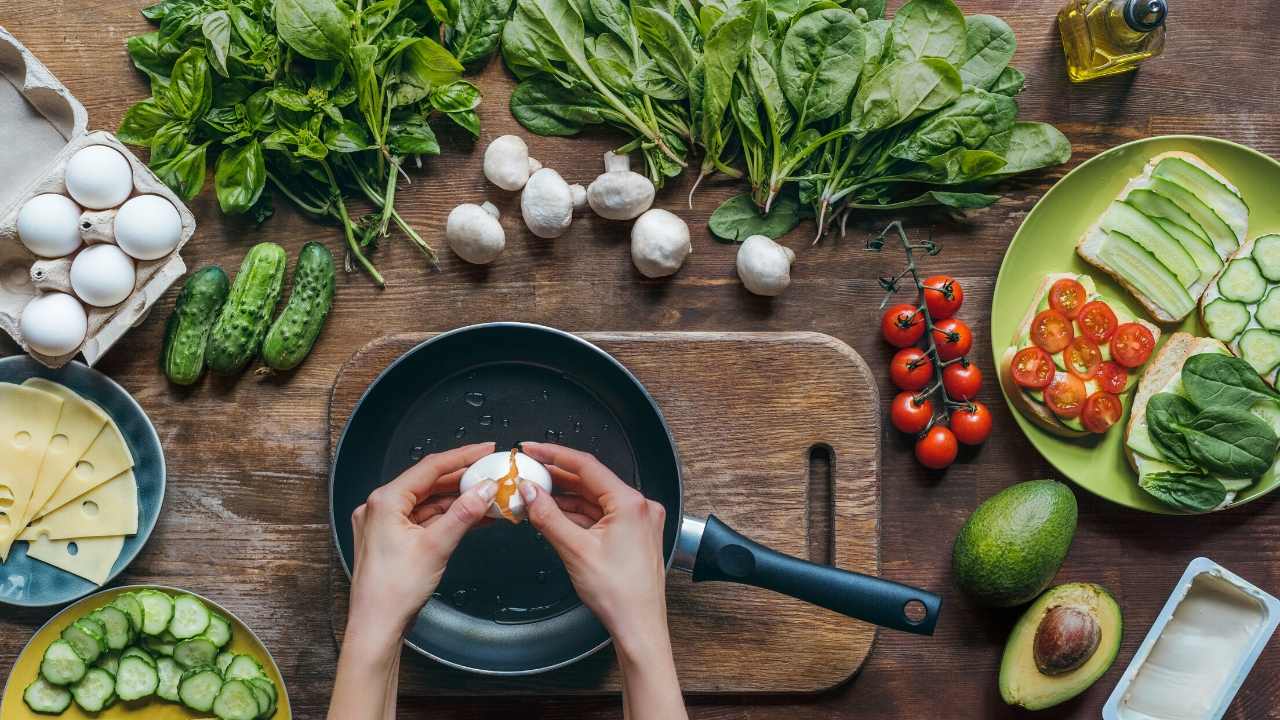 |
[TAG38]Justin Trudeau has broken ranks with his globalist contemporaries and condemned the killing in Gaza. What's going on here? He doesn't usually step a toe out of |
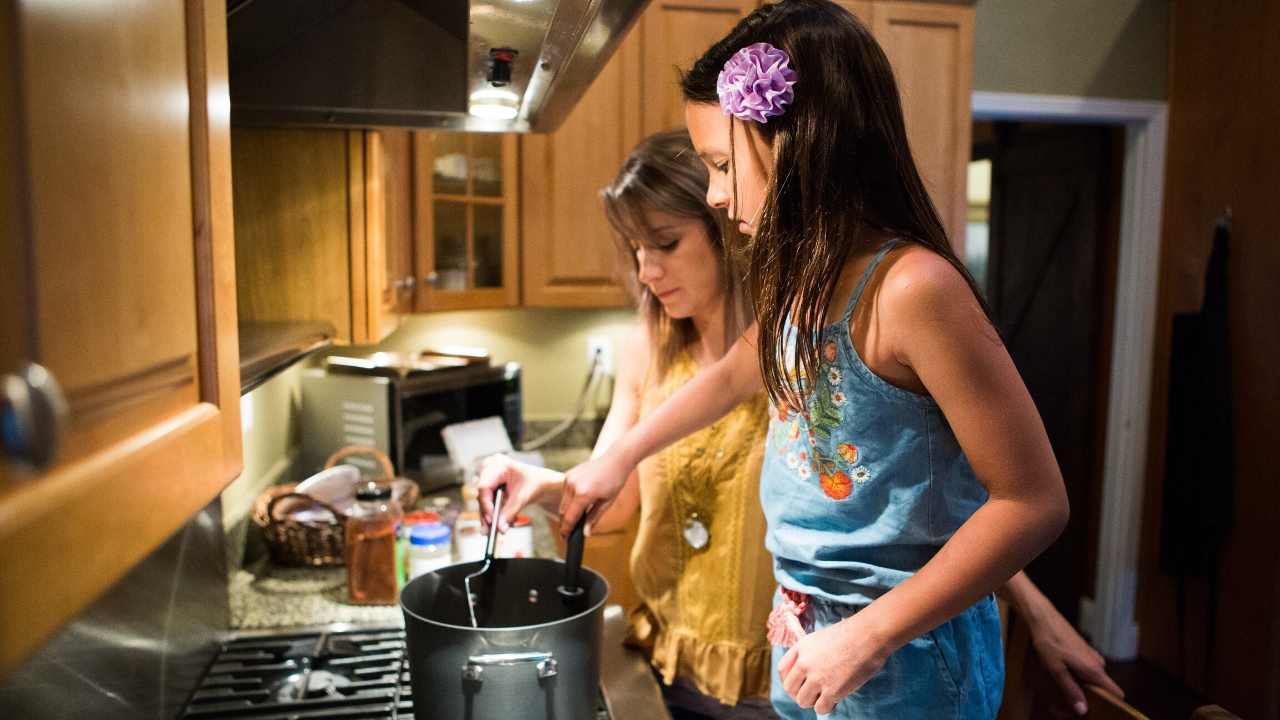 |
[TAG39]Want to add more perennials to your garden? Start with herbs. They grow easily from transplant and live for years with little maintenance. Learn my 10 favorite |
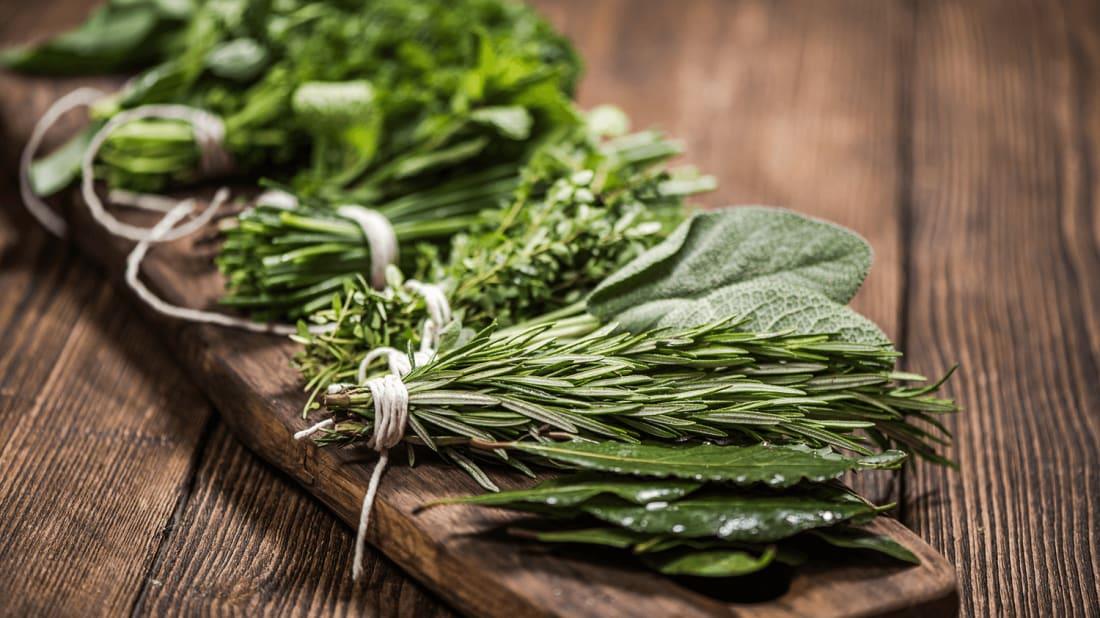 |
[TAG40]Learn herbs from respected professional herbalists offering world-class herbalist training. The NEW Professional Herbalist Course includes courses on over 600 |
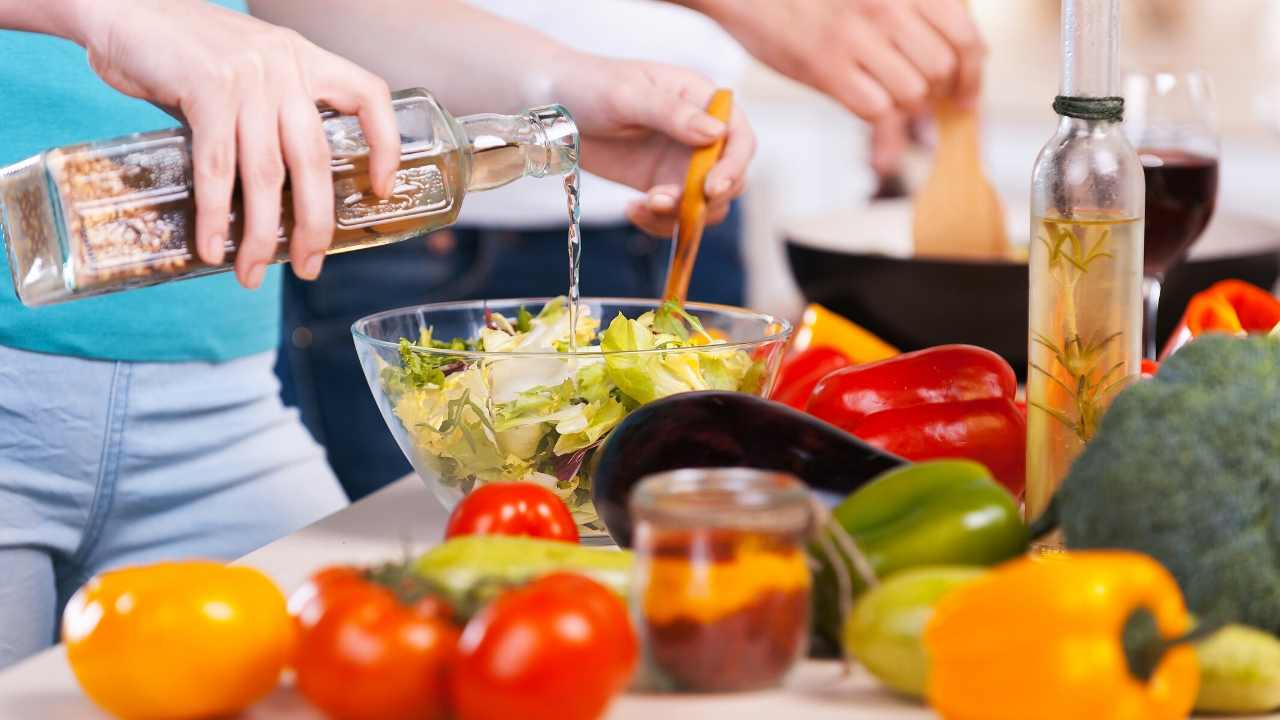 |
[TAG41]*A huge thank you to our presenting sponsor for The Herbalist Hour, Oshala Farm* Oshala Farm is a beautiful and vibrant certified organic herb farm based in |
 |
[TAG42]It’s that wet & rainy season in Malaysia. Perfect for the menu I’m making today; a healthy, hearty, full of proteins and vegetables and it’s also good for |
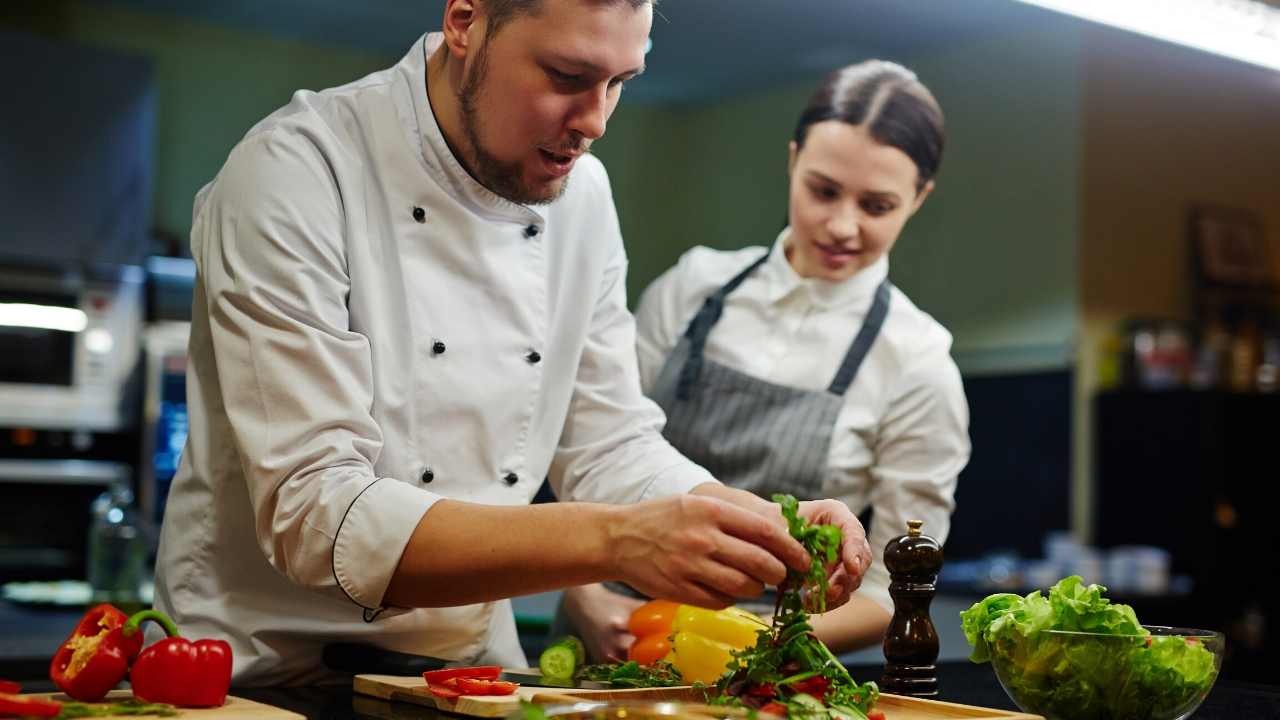 |
[TAG43]Reggae Life presents Island Reggae Playlist/Mix! 2023 with @FijiTheArtist, @RebelSouljahz, @HouseofShem, @MaoliMusic, @ThreeHousesDown, @TomorrowPeople, |
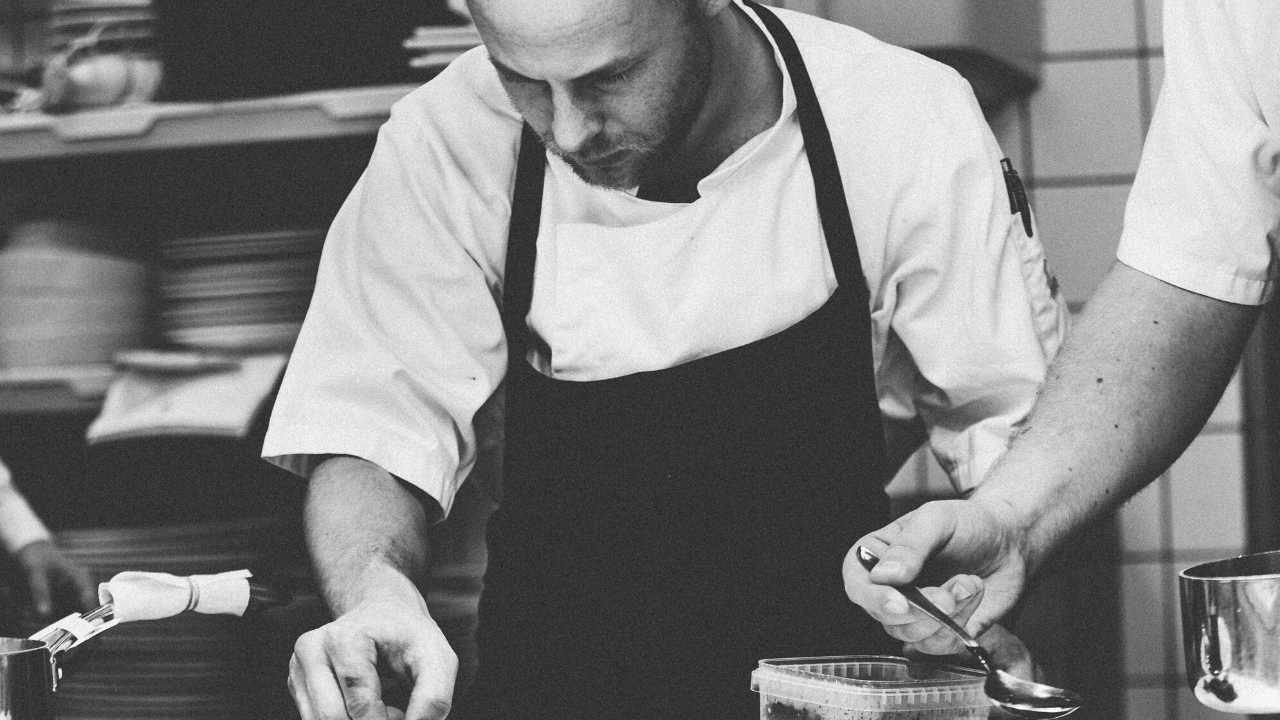 |
[TAG44]US FACT FINDING MISSION TEAM TOWNHALL MEETING |
 |
[TAG45]Join this channel to get access to perks: https://www.youtube.com/channel/UCWBqhyp1TCHbkKEGMVzLN-Q/join get your youngest tv Merch :, |
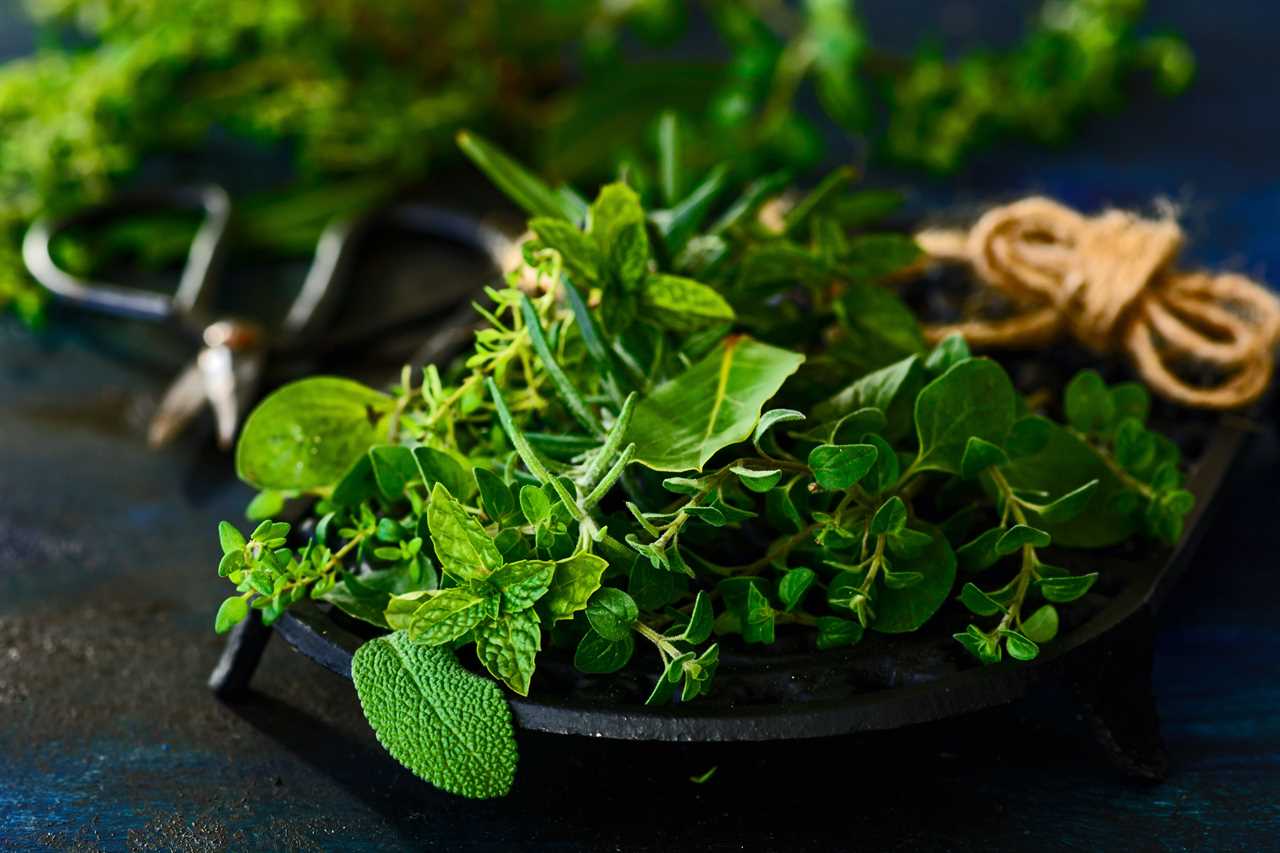 |
[TAG46]Find out more about herbs and how to use them |
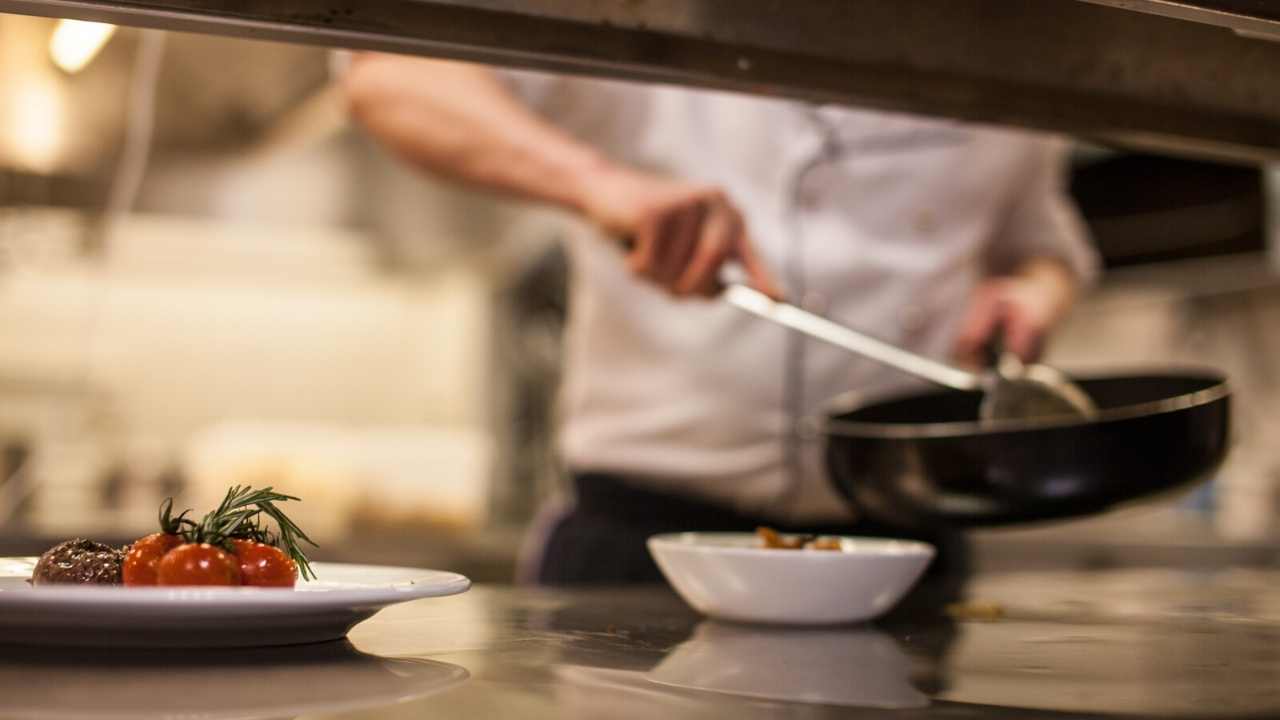 |
[TAG47]Read about our list of the best citrus bergamot supplements and how they may help to reduce cholesterol levels, balance blood sugar levels, and more. |
 |
[TAG48]SPONSORED CONTENT When it comes to finding the best herb suppliers, there are many different places you can shop. However, ... Read more |
 |
[TAG49]Black seed oil is a popular herbal supplement used to improve blood sugar, support heart health, reduce inflammation, enhance brain ... Read more |
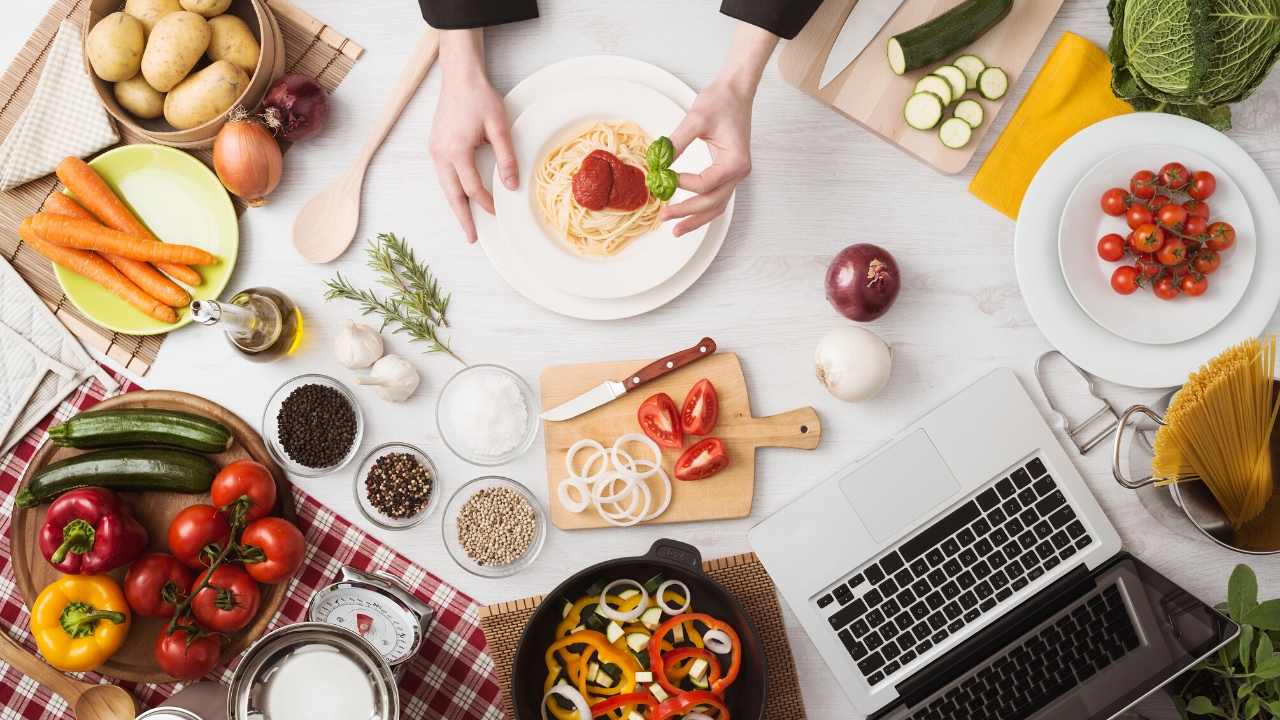 |
[TAG50]Join me in this new episode as I’m sharing five medicinal benefits of hops, as well as an interesting way for you to work with hops in a hops oil recipe. |
 |
[TAG51]In this episode, I’m sharing five steps to take so that when you do commit to a particular course of study, you’ll know you’ve chosen the very best one for YOU. |
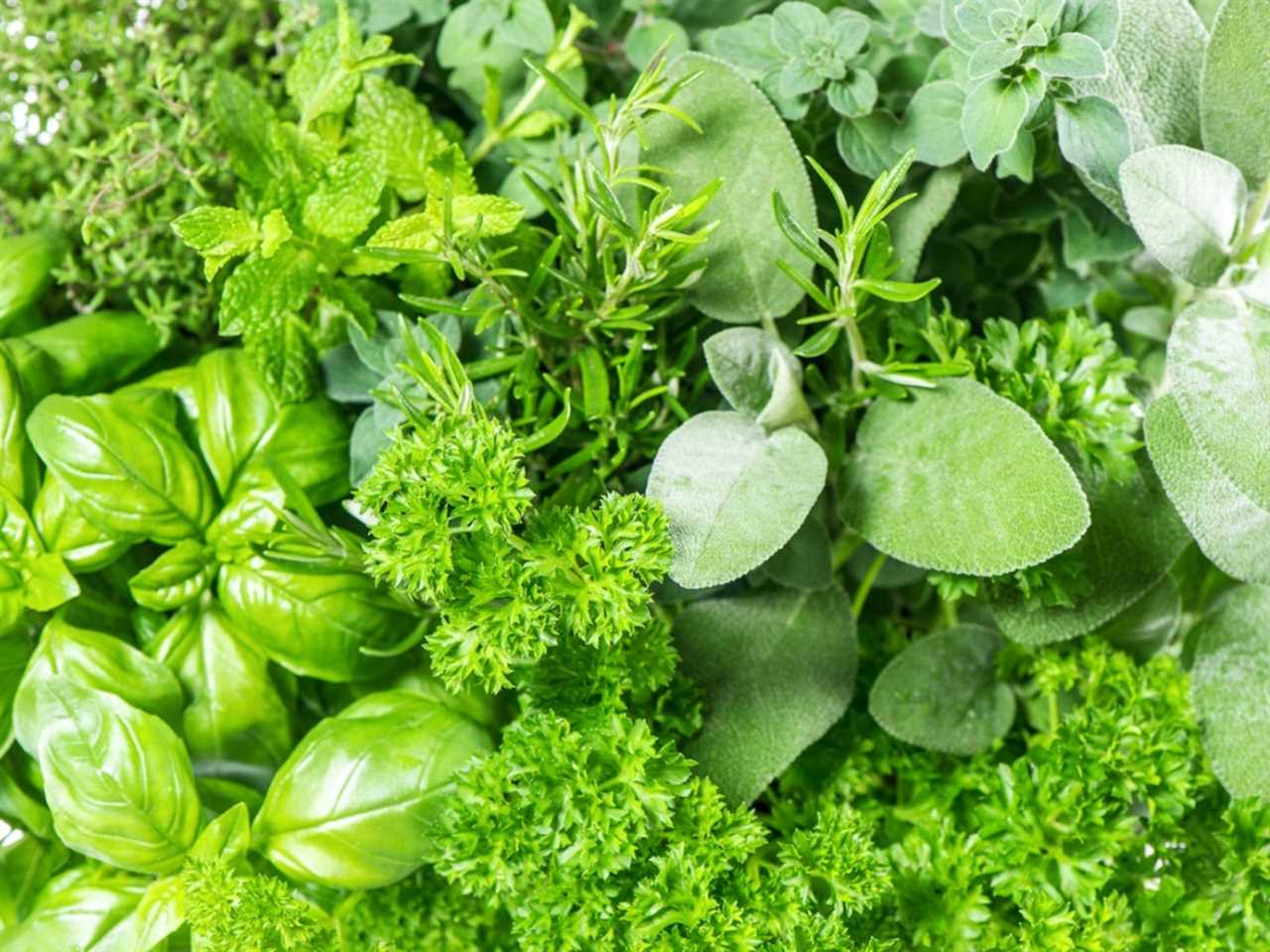 |
[TAG52]Like life, tea is what you make of it and The Cup of Life helps individuals enjoy tea in more than one way. Join me on my tea adventures through my blog! |
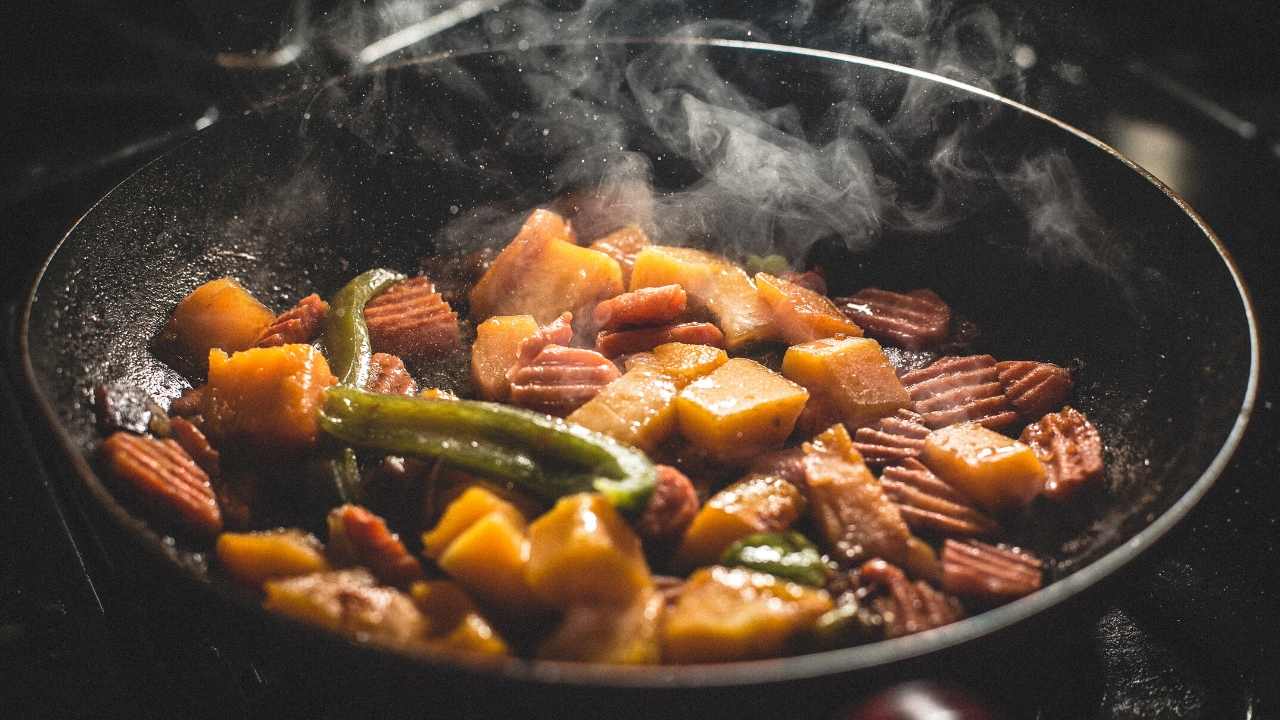 |
[TAG53]Weight loss can be a great way to manage your overall health, especially if you want to reduce your risk ... Read more |
 |
[TAG54]Have you ever wondered how to become an herbalist? Herbalism is the art and science of using herbs for health. ... Read more |
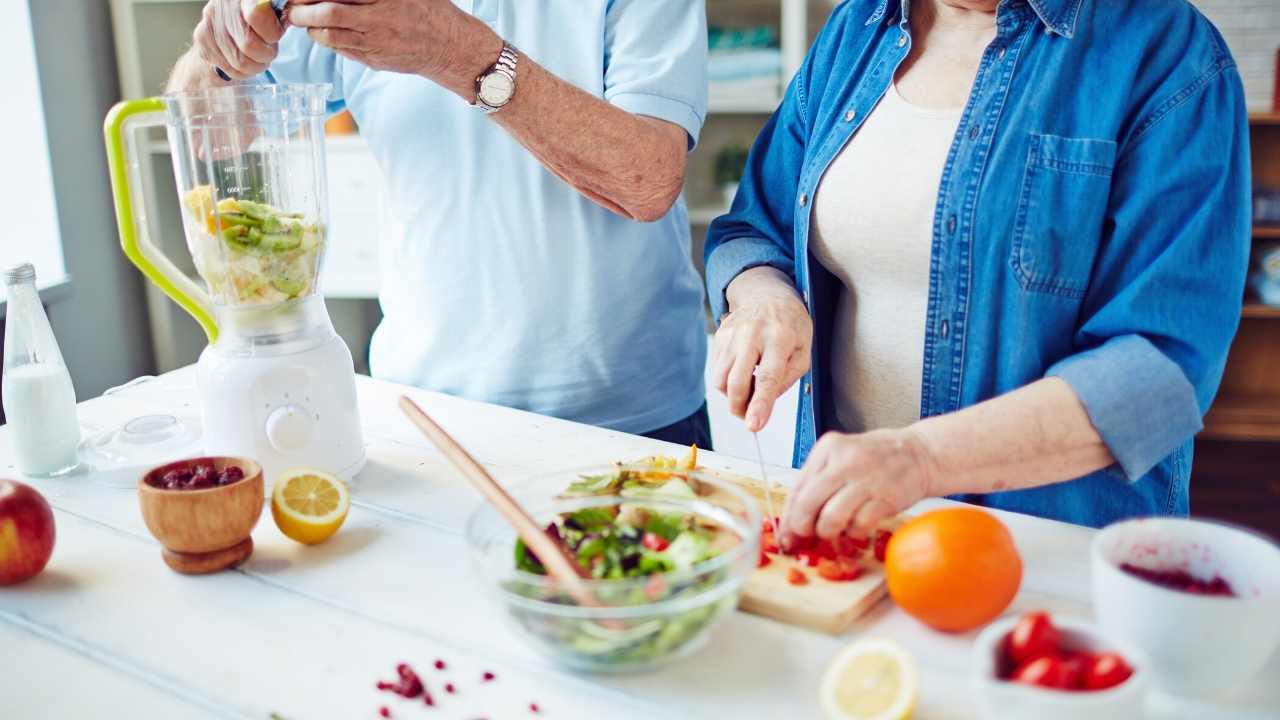 |
[TAG55]In this episode, you’ll learn all about holy basil benefits for your heart, immune system, brain health and so much more. And don't miss my new ebook! |
 |
[TAG56]The gifts of bee balm include promoting digestion, helping you recover from colds and the flu, fighting fungal and yeast infections… and many more! |
 |
[TAG57]Find out how to make a marshmallow root tea recipe for the best marshmallow root benefits and experience one of our most healing and soothing medicinal herbs! |
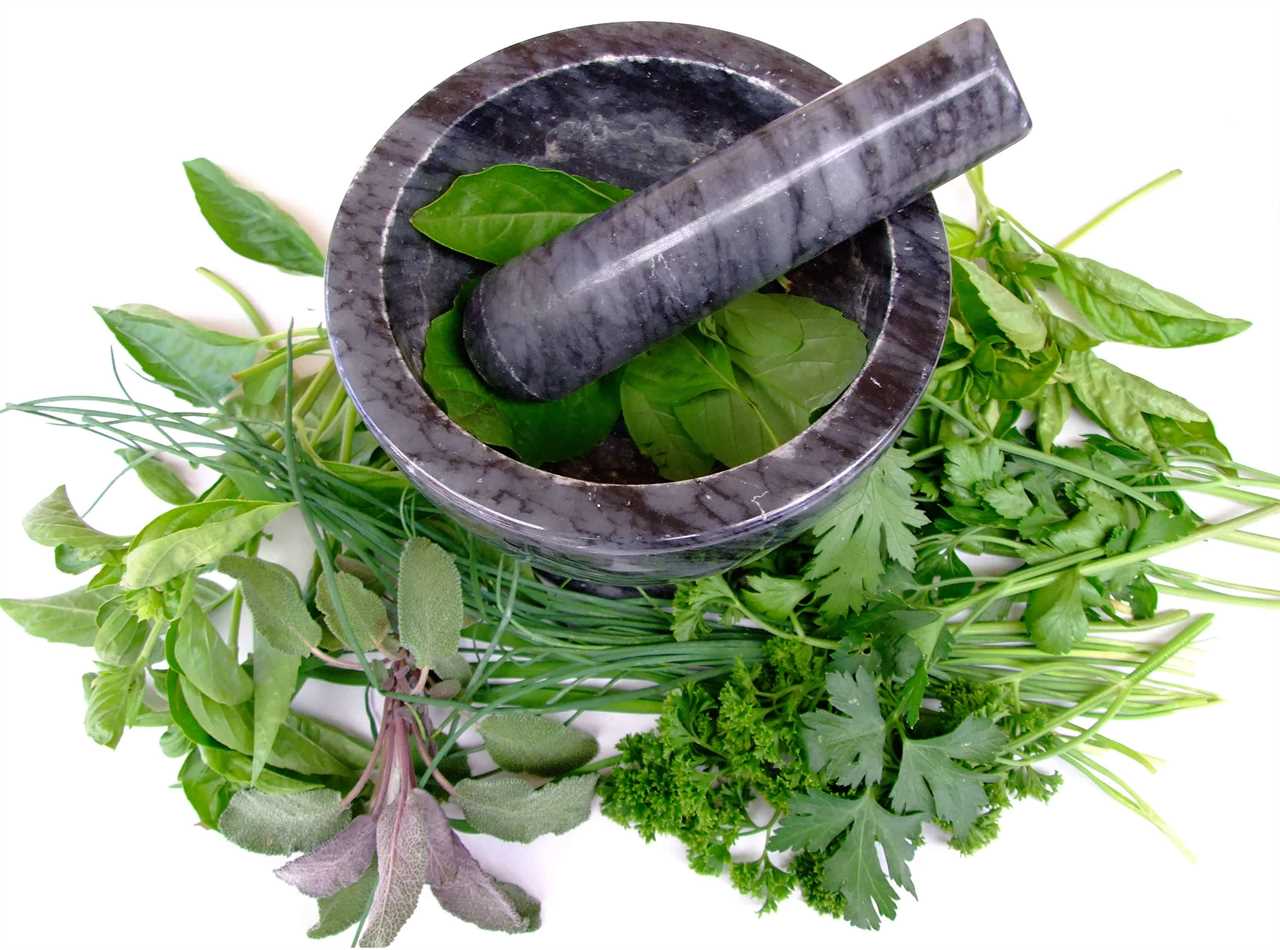 |
[TAG58]A tea assessment platform that rates teas based on objective quality markers and a sensory evaluation resulting in a list of the best teas produced each year. |
Did you miss our previous article...
https://belovedsaffron.com/herbs/episode-34-tradition-with-purpose
.png)





